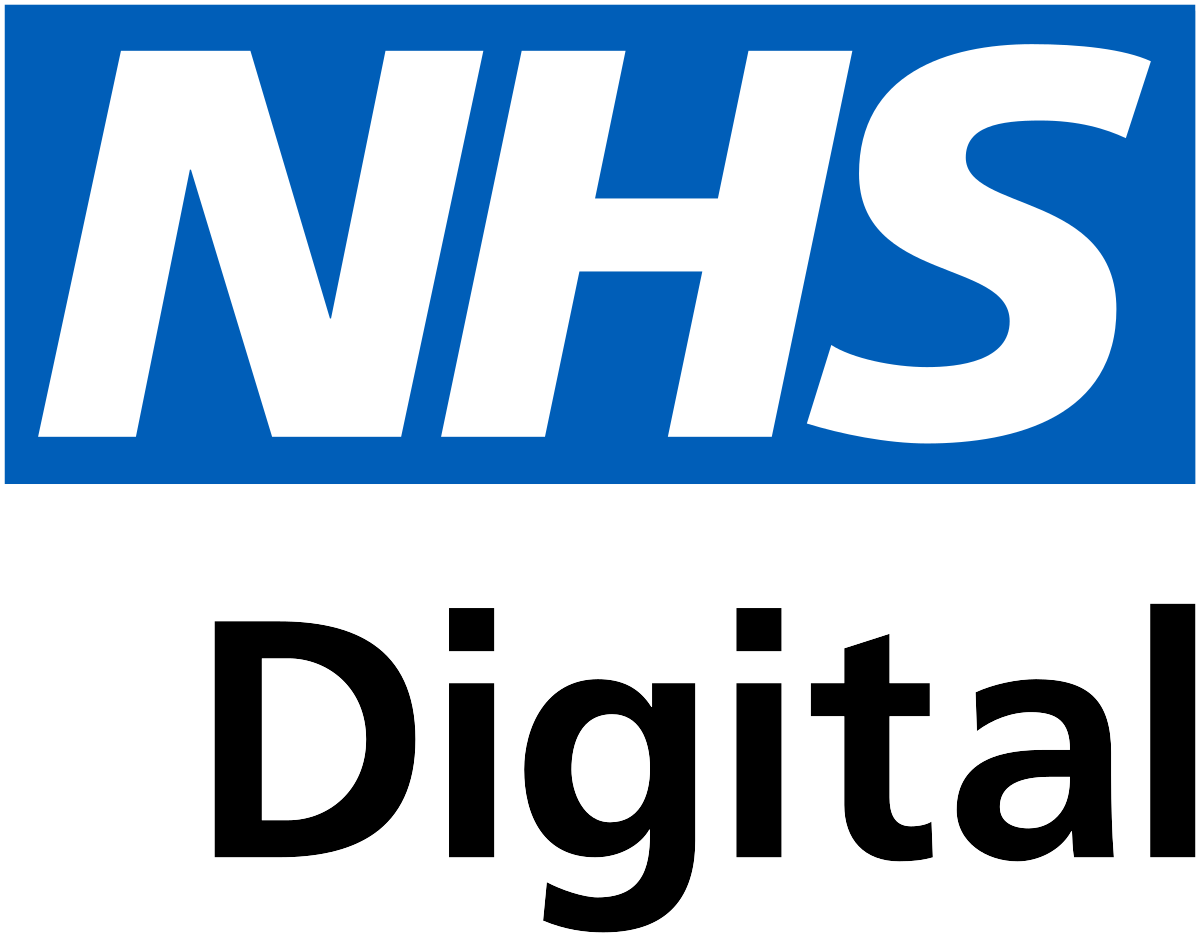Book Appointment
Repeat Scripts
Green Plan
Sustainable Healthcare Strategy
Introduction
Berkeley Psychiatrists Limited recognises the importance of environmental sustainability in healthcare and is committed to aligning with the NHS Green Plan to reduce carbon emissions, improve resource efficiency, and contribute to a healthier, more sustainable future. This Green Plan outlines our approach to embedding sustainability in our clinical operations, procurement, estates, and workforce practices.
Purpose
The purpose of this Green Plan is to:
- Reduce the environmental impact of our services in line with NHS Net Zero targets.
- Promote sustainable healthcare practices in ADHD/ASD assessments and medication management services.
- Improve energy efficiency, waste management, and responsible procurement.
- Enhance staff and patient awareness of sustainability initiatives.
- Comply with NHS sustainability regulations and best practices.
Scope
This plan applies to all aspects of Berkeley Psychiatrists' operations, including:
- Clinical services (ADHD/ASD assessments and medication management)
- Prescribing and medication supply chains
- Digital healthcare and telemedicine
- Estates, energy, and waste management
- Staff commuting and business travel
- Procurement of medical and office supplies.
Sustainability commitments
Achieving NHS Net Zero
- Align with NHS England’s target to achieve Net Zero carbon emissions by 2040 for directly controlled emissions and by 2045 for indirect emissions.
- Conduct a carbon footprint assessment to identify key areas of impact.
- Implement carbon reduction strategies, including energy-efficient buildings and low-carbon transport options.
Reducing energy use and waste
- Transition to renewable energy sources where feasible.
- Promote energy conservation measures such as LED lighting, smart thermostats, and automatic shutdown of non-essential equipment.
- Reduce paper usage by expanding digital records and telehealth services.
- Improve recycling and waste segregation, including the proper disposal of medical waste.
Sustainable prescribing and pharmacy practices
- Encourage prescribing practices that minimise environmental impact, such as selecting medications with lower carbon footprints.
- Encourage the safe disposal of unused medication.
- Work with suppliers to ensure medication packaging is environmentally friendly.
Sustainable procurement
- Prioritise procurement from sustainable suppliers that align with NHS sustainability criteria.
- Reduce single-use plastics in medical and office supplies.
- Engage with suppliers to encourage sustainable transport and logistics.
Travel and Transport
- Promote remote consultations and telemedicine, where appropriate, to reduce patient and staff travel.
- Transition to electric or hybrid vehicles for business travel and deliveries.
Staff Engagement and Training
- Appoint a Sustainability Lead: Alp Devvaal to drive Green Plan initiatives and monitor progress.
- Encourage staff-led sustainability projects and feedback mechanisms.
Digital innovation and paper reduction
- Expand digital patient records and e-prescribing to reduce reliance on paper.
- Promote virtual meetings and digital collaboration tools to minimise travel emissions.
- Ensure IT procurement aligns with sustainable and energy-efficient standards.
Governance and monitoring
- Sustainability Lead: Alp Devvaal will oversee the implementation and monitoring of the Green Plan.
- Annual Review: The plan will be reviewed annually to measure progress and adjust strategies accordingly.
- Key Performance Indicators (KPIs):
- Reduction in carbon emissions from operations.
- Increase in digital consultations to replace face-to-face appointments where appropriate.
- Percentage reduction in energy and water consumption.
- Compliance with NHS sustainability reporting requirements.
Collaboration and partnerships
- Engage with local NHS Trusts, Integrated Care Systems (ICSs), and sustainability networks to share best practices.
- Partner with suppliers and contractors committed to green initiatives.
- Support local community initiatives that promote environmental and social sustainability.
Future developments
- Explore green building certifications and sustainable infrastructure improvements.
- Increase the use of AI and data analytics for optimising resource usage.
- Assess the feasibility of carbon offset initiatives to complement emission reduction efforts.







